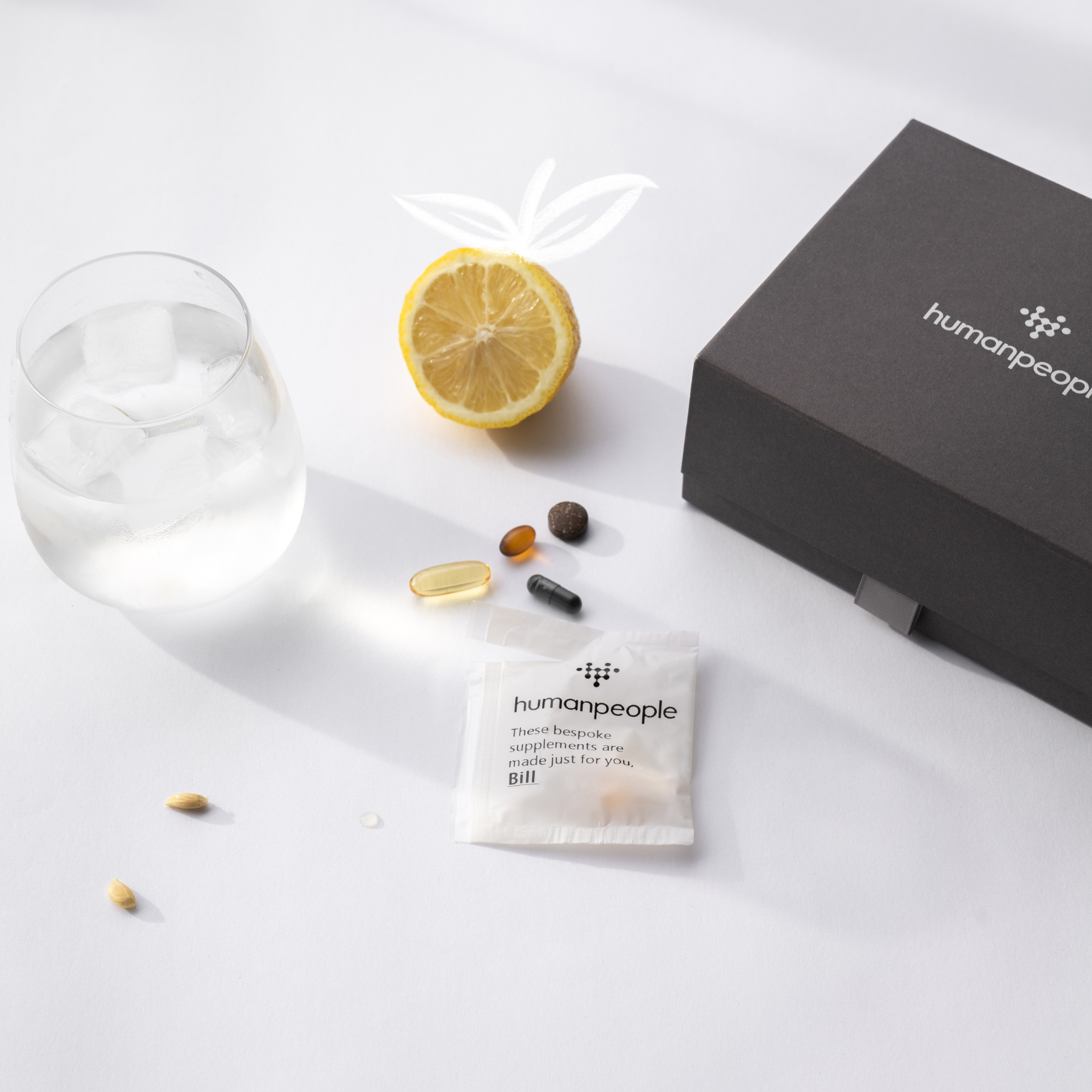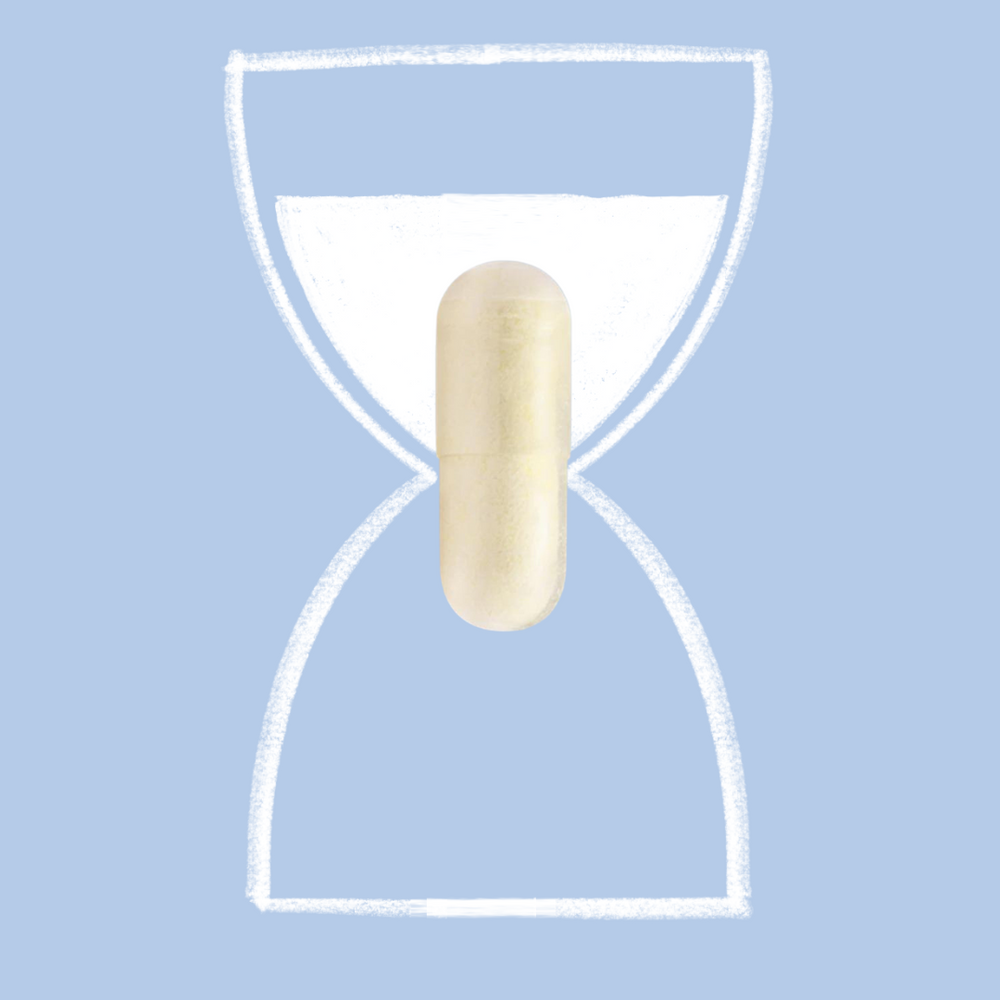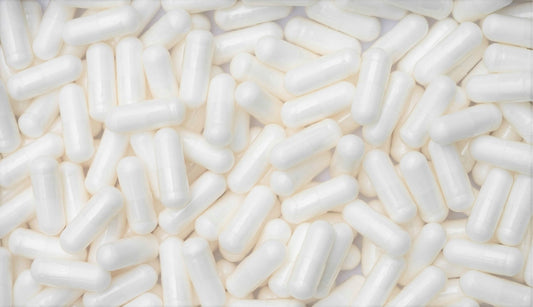Lorem ipsum
1
You have saved personalized supplements. Would you like to add them back to your cart?
£0.00 GBP
Your cart total must be £20.00 or more to proceed.
• Boosts energy production and metabolism
• Supports the immune system and would healing
• Aids nerve function
Couldn't load pickup availability
 GMP
GMP
 Gluten Free
Gluten Free
Iron, zinc, and copper are pivotal minerals in numerous bodily functions. Iron plays a role in oxygen transport and energy production, zinc supports the immune system and wound healing, while copper aids in red blood cell formation and energy production. Combining these with the nutritional powerhouse, pea sativum, we aim to provide a holistic supplement for your overall well-being.

Structural support
The molecular structure of minerals can significantly impact how our body absorbs them. Ferrous bis-glycinate is known for its superior bioavailability compared to other iron forms, reducing the risk of stomach upsets. Zinc gluconate and copper gluconate are also efficiently absorbed forms, ensuring the body gets maximum benefit.
Furthermore, the synergy between iron, vitamin C, and vitamin B12 is noteworthy. Vitamin C enhances the absorption of non-heme iron, while B12 supports the function of iron in creating red blood cells.
Upon regular consumption, users might experience improved energy levels, better immune response, enhanced wound healing, and perhaps improved skin health. A reduction in symptoms associated with mineral deficiencies, such as fatigue (iron deficiency), might also be noticeable.
Take 1 tablet daily with food and water, unless specified otherwise on the sachet.
Avoid high-fiber foods close to the time of consumption to ensure maximum absorption.
* Percent Daily Values are based on a 2,000 calorie diet.
† Daily Value not established.
Ascorbic Acid, Stearic Acid, Cellulose, Modified Cellulose Gum, Food Glaze, Magnesium Stearate
Publications you might find interesting

1. Szarfarc, S. C., & de Cassana, L. M. (2000). Relative effectiveness of iron bis-glycinate chelate (Ferrochel) and ferrous sulfate in the control of iron deficiency in pregnant women. Archivos Latinoamericanos de Nutricion, 50(1), 42-47.
2. Roohani, N., Hurrell, R., Kelishadi, R., & Schulin, R. (2013). Zinc and its importance for human health: An integrative review. Journal of Research in Medical Sciences: The Official Journal of Isfahan University of Medical Sciences, 18(2), 144.
3. Bost, M., Houdart, S., Oberli, M., Kalonji, E., Huneau, J. F., & Margaritis, I. (2016). Dietary copper and human health: Current evidence and unresolved issues. Journal of Trace Elements in Medicine and Biology, 35, 107-115.

Gain access to your own data driven dashboard, health reports and personalised supplement plans.


• Supports cellular health and longevity
• Boosts NAD function
• Promotes skin health and elasticity

